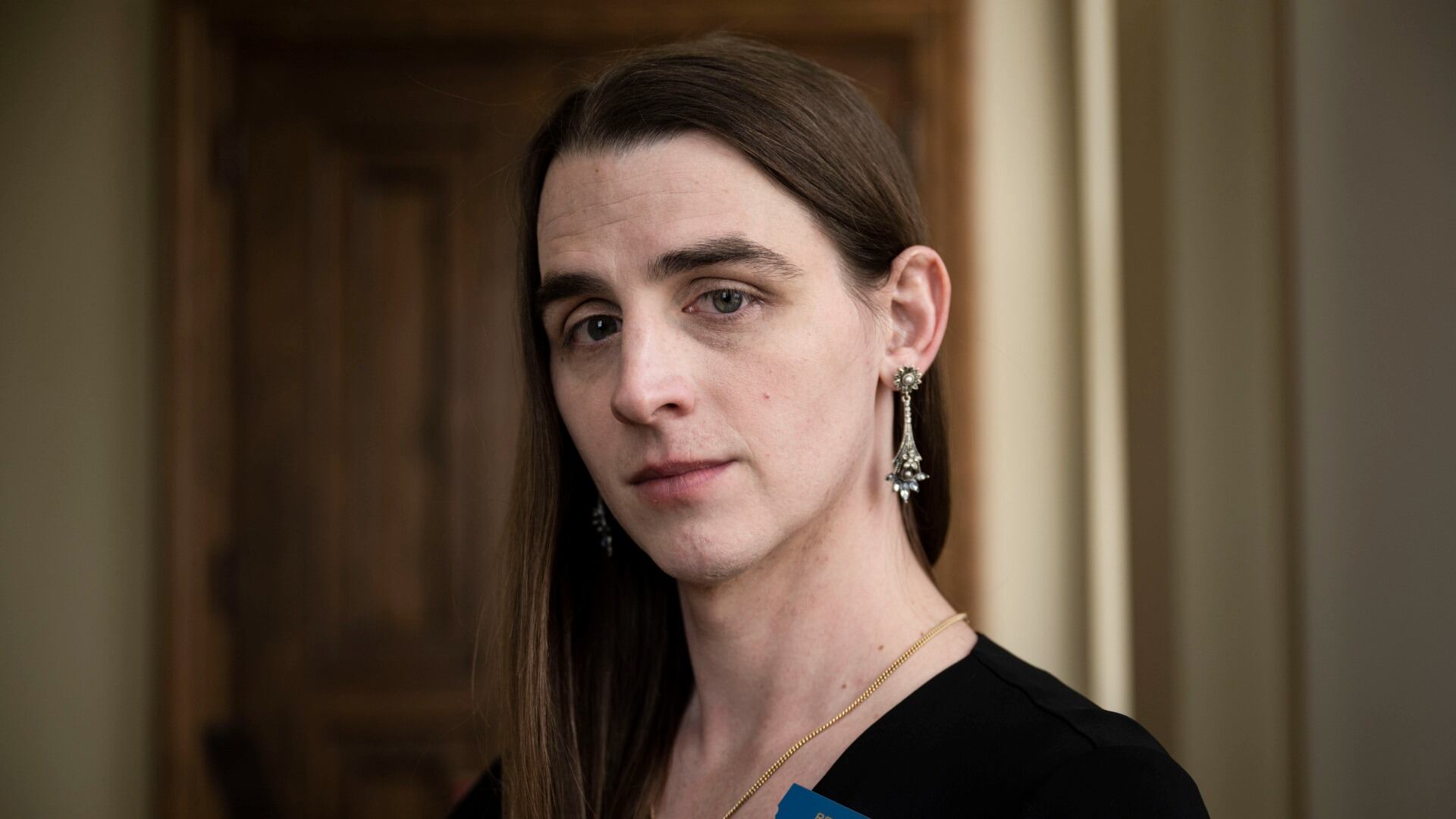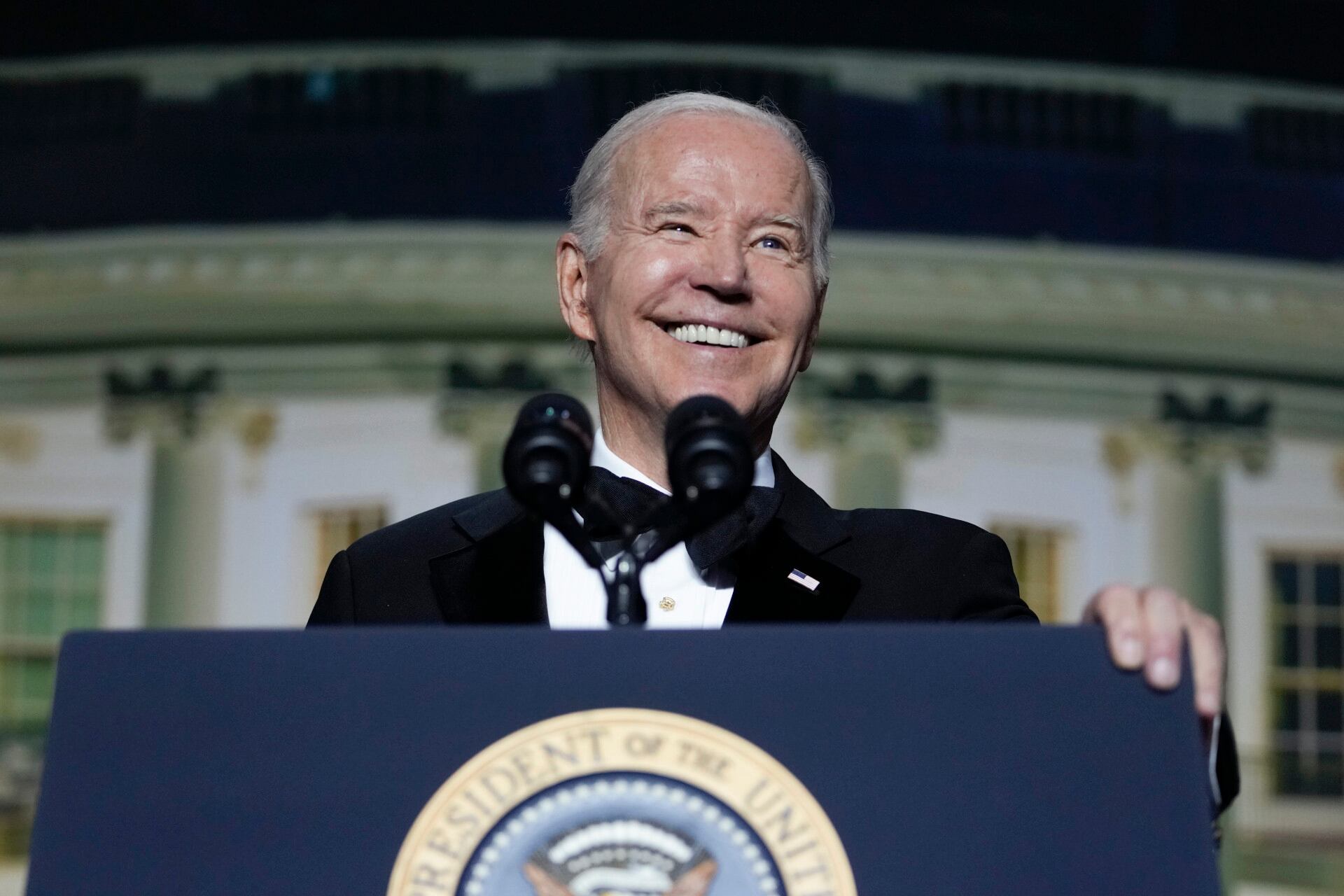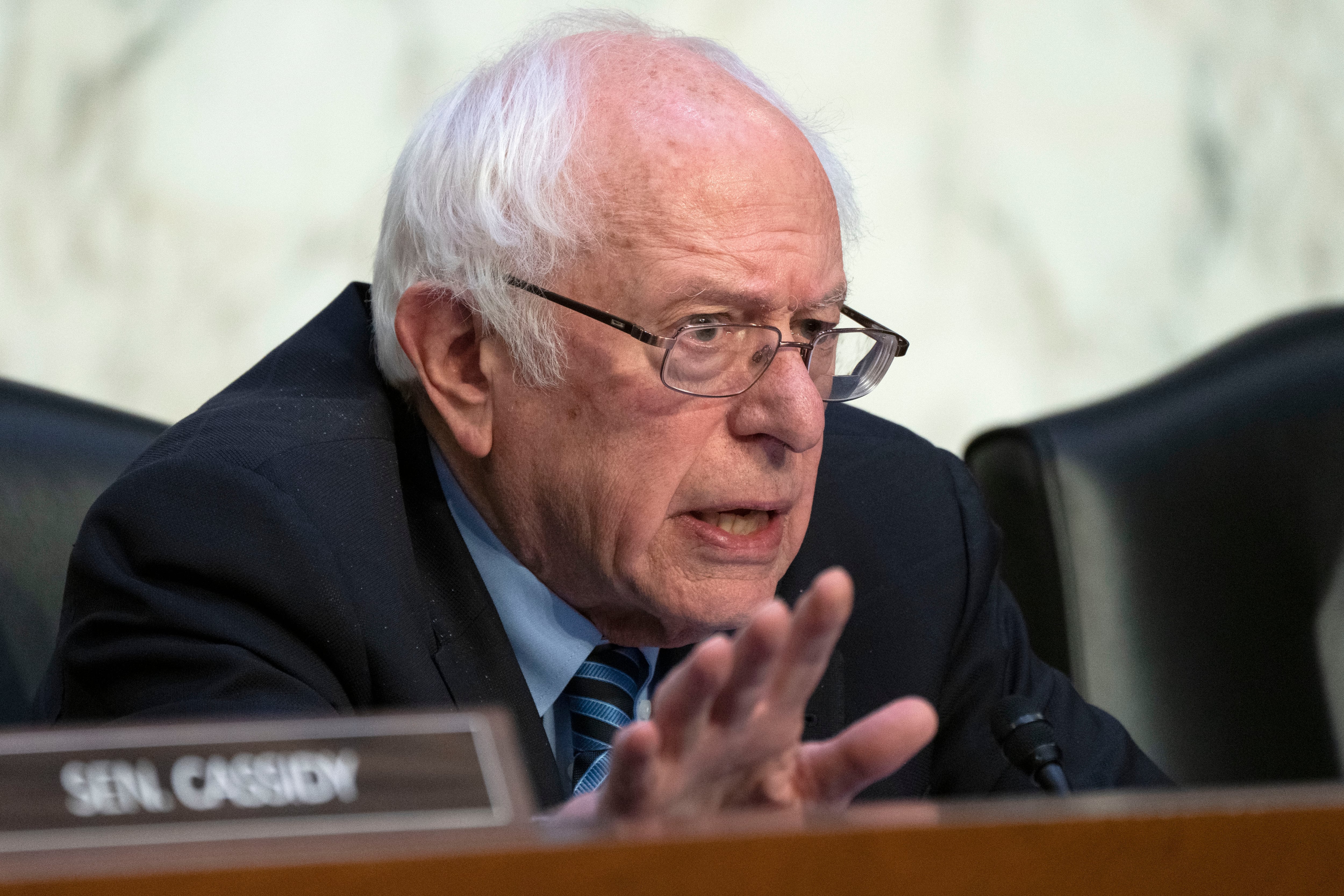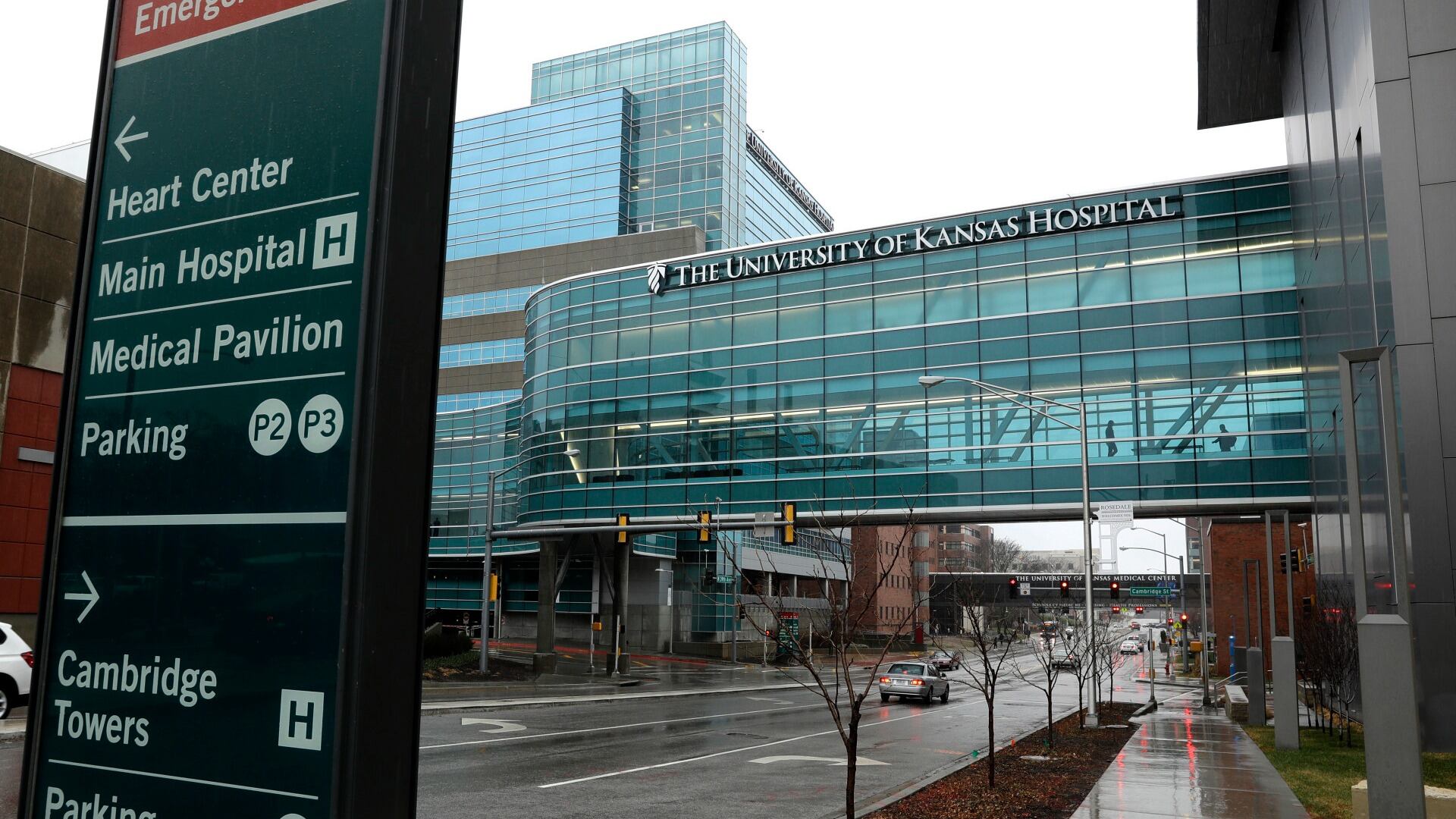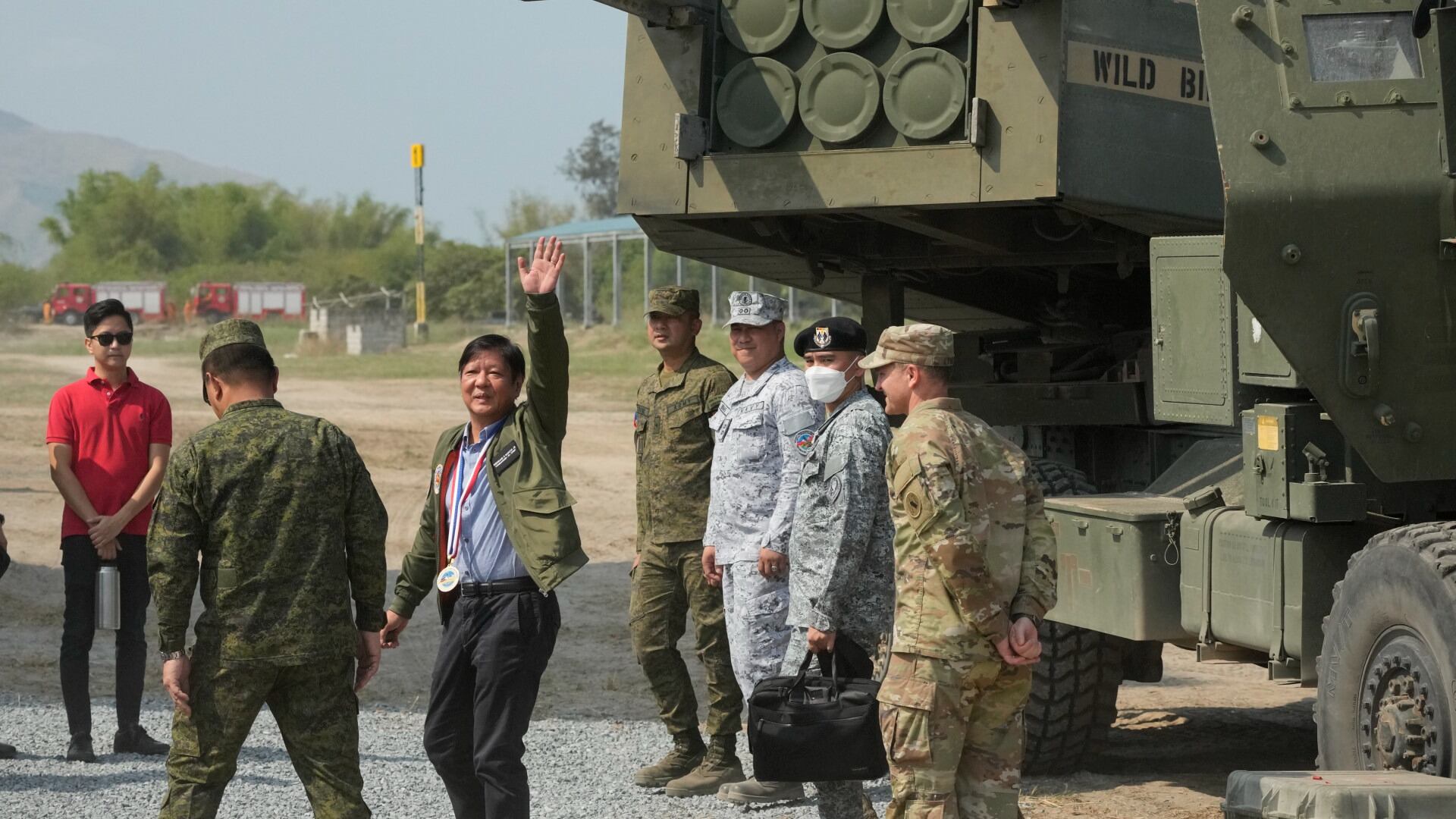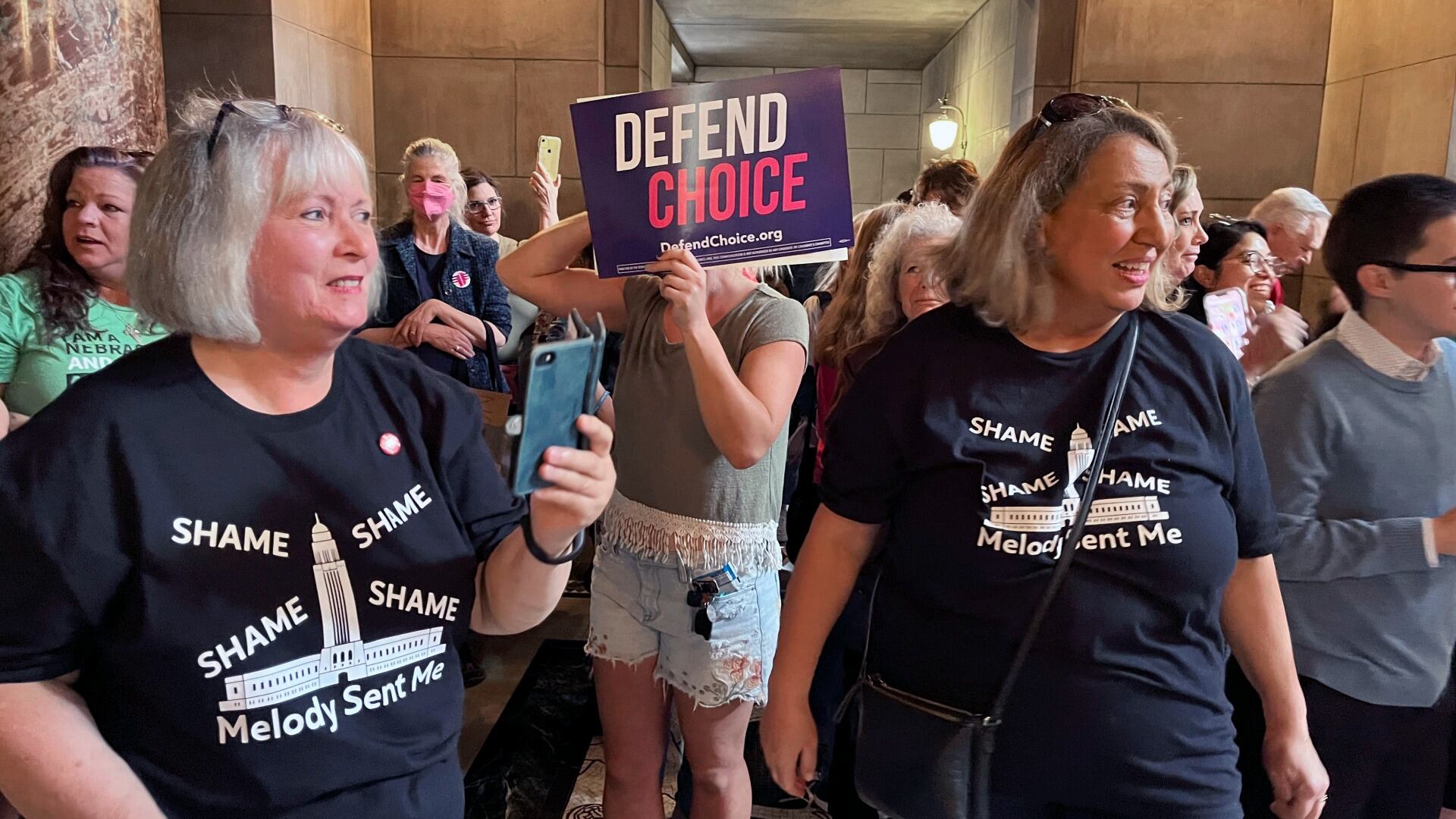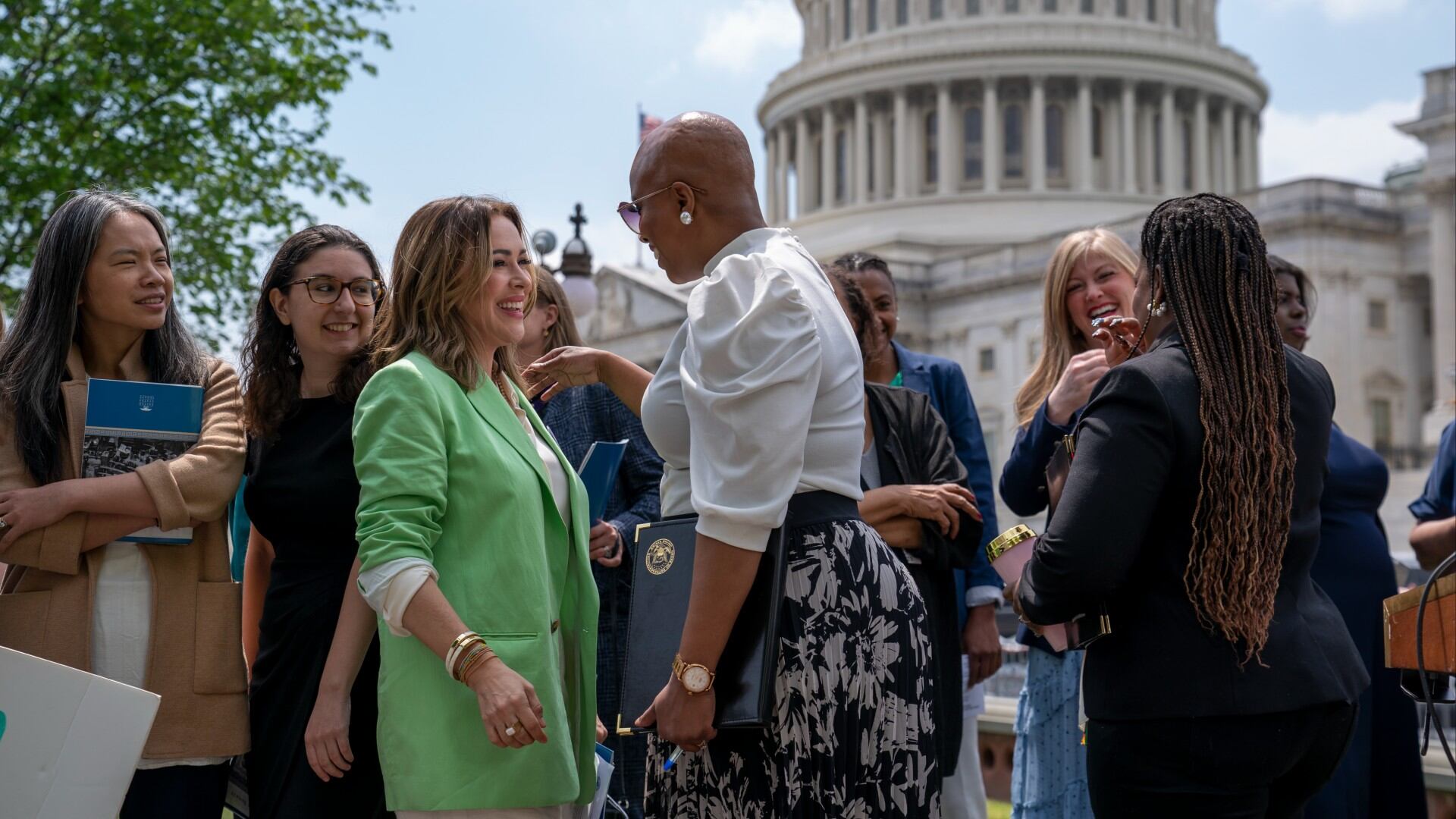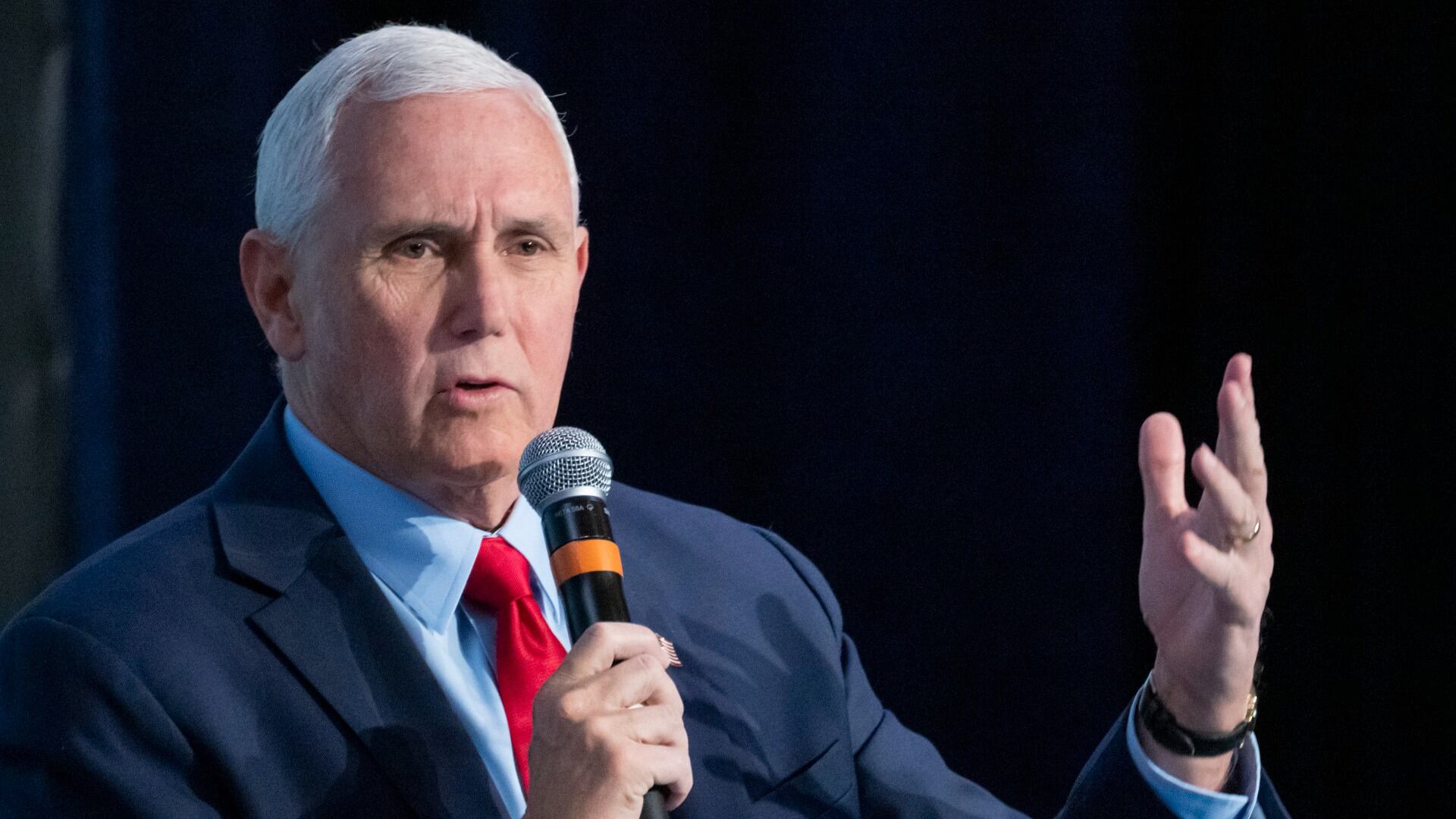President Trump reportedly ordered the firing of Robert Mueller over the summer but reversed course after the White House special counsel threatened to resign. That's according to a recent report in the New York Times. Fordham University Law Professor Jed Shugerman explains the potential legal ramifications of these revelations.
"This now becomes part of a longer timeline for Mueller," said Shugerman. "The statue that covers obstruction of justice depends upon proving that there was a corrupt intent. So the more events that show a corrupt intent the stronger the case would be."
Former White House Communication Director Anthony Scaramucci took to Twitter, tweeting "...@POTUS should be able to have a private conversation with WH Counsel without the content being leaked." Shugerman says presidents can have private conversations, but they cannot conspire to commit felonies.
Attorneys for Montana state Rep. Zooey Zephyr are asking a court to allow for her return to the House floor.
Members of the Central Florida Tourism Oversight District on Monday voted unanimously to sue Disney in state court in the Orlando area.
The annual White House Correspondents' dinner was held on Saturday, and this year's dinner was hosted by The Daily Show's Roy Wood Jr. President Joe Biden gave a speech and didn't hold back, poking fun at Fox News and his own approval ratings.
Appearing on CNN's "State of the Union," Sen. Bernie Sanders on Sunday said President Joe Biden is headed for a "landslide" victory in 2024, as long as Democrats remain "stronger on working-class issues."
A first-of-its-kind federal investigation has found two hospitals put a pregnant woman's life in jeopardy and violated federal law by refusing to provide an emergency abortion when she experienced premature labor at 17 weeks.
President Joe Biden is set to host President Ferdinand Marcos Jr. of the Philippines for White House talks Monday as concerns grow about the Chinese navy's harassment of Philippine vessels in the South China Sea.
While doctors fear the dangers of untrained people managing their own hormone replacement therapy, a growing number of transgender people say they see no other option for life-saving care.
Abortion bans in deeply conservative Nebraska and South Carolina each fell a single vote short of passing in their legislatures amid heated debates among Republicans.
Senate Republicans on Thursday blocked a Democratic measure to revive the Equal Rights Amendment, dealing yet another blow to supporters who have pushed for more than five decades to amend the Constitution to prohibit discrimination based on sex.
Former Vice President Mike Pence testified Thursday before a federal grand jury investigating efforts by then-President Donald Trump and his allies to overturn the results of the 2020 presidential election, according to a person familiar with the matter.
